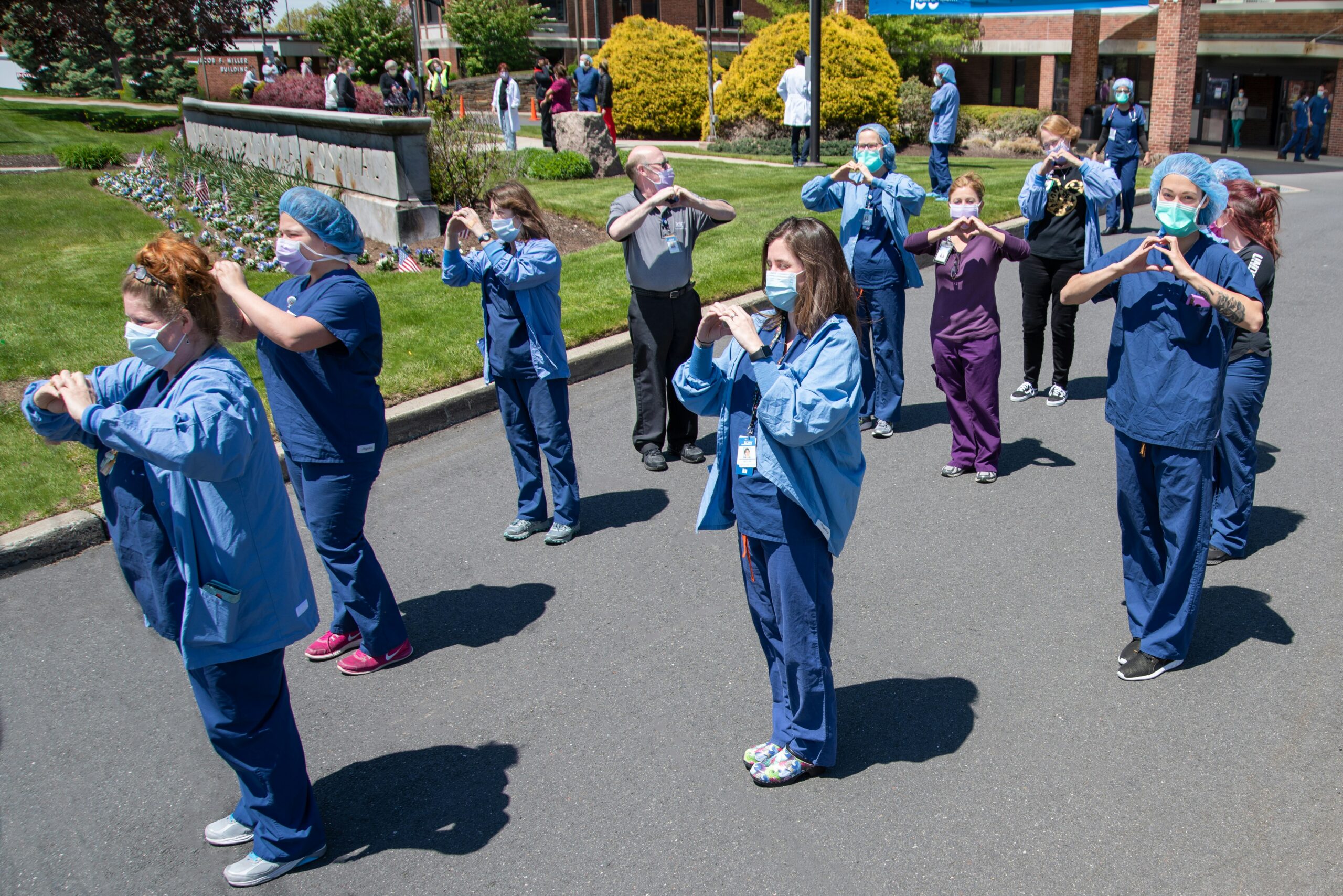Between Care and Collapse
Medical providers, healers, caregivers know too well the cost of caring.
The long shifts, the endless charting, the quiet pressure to hold everyone else’s pain without faltering. For many, the white coat becomes both a shield and a weight, a reminder of the promise to heal others, even when their own well-being has been quietly unraveling.
The Medscape Physician Suicide Reports regularly brought this into painful clarity. Physicians in family medicine, obstetrics-gynecology, and psychiatry reported some of the highest rates of suicidal thoughts across all specialties. The numbers are alarming , but not surprising. They echo what many in medicine already know but rarely say aloud: to practice medicine often means to live between worlds: between resilience and collapse, empathy and depletion, duty and despair.
The slow unraveling of burnout
Burnout doesn’t announce itself in a single moment.
It builds gradually, disguised as competence. Staying late, finishing one more note, answering one more message before sleep.
The system rewards endurance, not presence. But over time, endurance becomes emptiness.
Many of my clients describe it as a kind of fading, a dulling of color and connection.
What began as vocation turns into survival.
And the body, always faithful, begins to signal what the mind tries to ignore: you can’t keep carrying this alone.

When healers forget they’re human
To be a healer is to live inside a paradox: you’re trained to recognize suffering in others but conditioned to minimize your own.
Even asking for help can feel like failure. An unwelcome reminder that providers are not immune to the same fragility they tend.
But you are human before you are a healer.
And the parts of you that ache, that tire, that need rest, those are not weaknesses to overcome; they are thresholds calling you back to balance.
The quiet rebellion of self-preservation
Caring for yourself is not indulgence. It’s quiet resistance against a system that teaches self-erasure as professionalism.
Healing for physicians often begins with permission — to pause, to grieve, to not know, to reconnect with the parts of yourself that exist outside of patient charts and on-call schedules.
It can look like:
– Remembering your body, not just your role.
– Allowing space for hobbies, silence, and genuine rest.
– Reclaiming community. Not only among colleagues. Mostly in spaces where you can speak freely about what medicine takes and gives.
– Reaching out for therapy or peer support, not as crisis management but as maintenance of humanity.
Between two worlds
Caregivers live between worlds: between care and exhaustion, science and soul, precision and vulnerability.
They inhabit the tension between being the helper and being in need of help.
This space, though painful, can also be fertile. It’s where empathy deepens, where humility grows, and where many discover the kind of healing that transcends clinical language.
To heal others well, you must also learn to belong again to yourself.
A note to those who care for others
If you find yourself living in this in-between, the healer who feels empty, the caretaker who has no time to care, know that there is another way to practice wholeness.
At Horizon Online Therapy, we work with physicians, nurses, therapists, and healing professionals who are ready to rediscover the human beneath the role.
Schedule a free consultation to learn how therapy at Horizon can help you come home to yourself — one breath, one story, one moment at a time.





